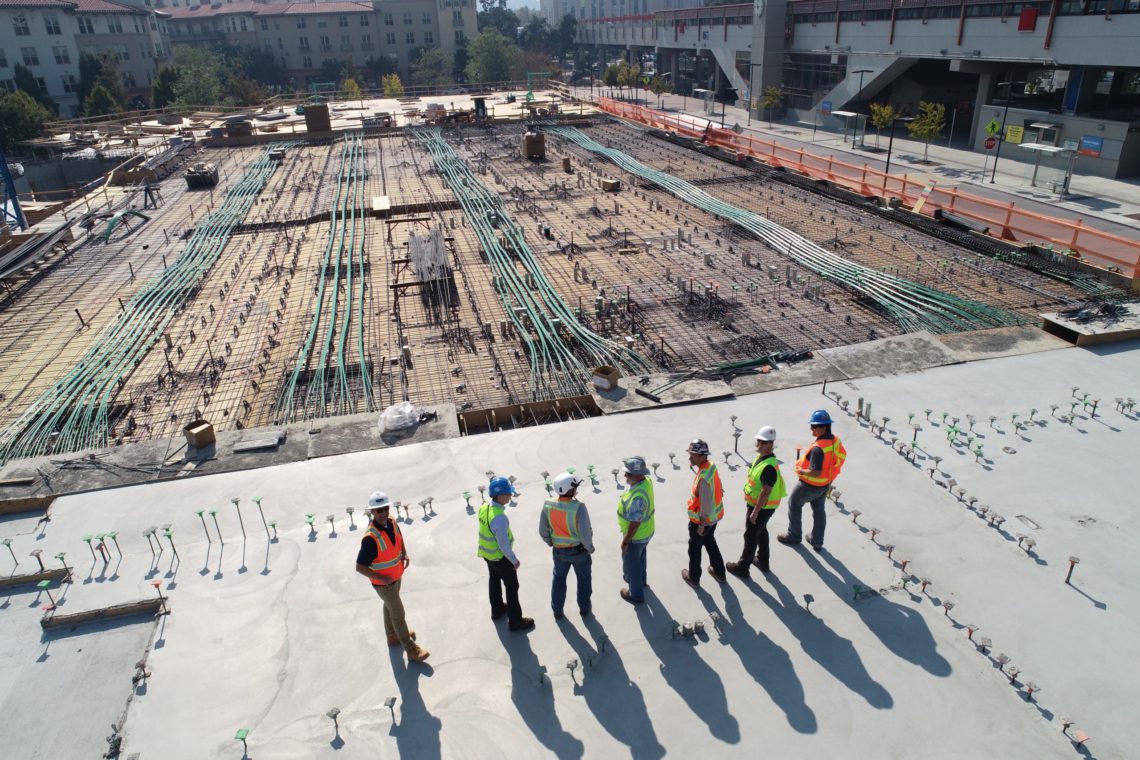Projects are the most important part of a CV for the construction industry.
Sometimes general CV tips just don’t cut it. Here we look at how to write a CV for the construction industry.
Write a CV for construction
-
Highlight key projects
Projects are the most important part of a CV for the construction industry–and you can never be too specific.
Include:
- The name of the project
- Location and type (road, residential, etc.)
- Year/s completed
- A brief description of what was completed
- Role on the project (including keywords)
- Value ($AUD) of the project

-
Format for readability
As a rule, hiring managers are time-poor. Ensure your CV is clear, concise, and scannable. This will ensure that they won’t miss any of the important highlights in your career.
An example of a formatted CV includes sections for:
- Contact information – Email, phone number, and LinkedIn URL.
- Summary – A short paragraph where you sell your skills, experience, and ambition.
- Career history – Including roles, companies, and completed projects.
- Key skills – Skills gained through education and industry exposure.
- Education – Formal education as well as qualifications for your industry. This could include a white card, driver’s license, handling of dangerous goods, working at heights or spill response training.
- Referees – It’s not essential that you provide these on job applications, but you will have to provide references should you make it to an interview with the hiring manager.
If you’re stuck, head here for free downloadable CV templates or read about our tips on how to make your CV easy to skim.

-
Use keywords
If a hiring manager is looking for an individual with specific skills, they may scan your CV for compatibility based on keywords. It can also improve your CV’s compatibility (on rare occasions, and usually only for very large organisations) with applicant tracking software.
Before submitting your resume, review the job description for pointers on what skills may be particularly important for the submission. This could include things like blueprints and schematics, materials handling, bid estimating, heavy machinery, and safety and compliance.
Certain job roles will prioritise different keywords.
A construction manager might include:
- Project management
- Material estimating
- Contractor recruitment
A surveyor might include:
- RTX
- Excavation planning
- Cost estimates
- Civil services
- Auto CAD
If you need further help putting together your CV for roles in construction, reach out to our specialist construction recruitment team for extra tips and advice.





